This is a guest post from Douglas Atkin, CEO at The Glue Project and author of “The Culting of Brands.”
“What are the top five pieces of advice you’d give to new community leaders?”
“What are the five things you wished you’d known when you started out?”
I’ve been asking these questions of community leaders a lot. I’m still building the list, but here are the key themes that emerged:
1. Be really clear about your community’s purpose.
Wishy-washiness slows recruitment (“why am I joining?”), erodes commitment (“why am I here?”), and handicaps progress (“what are we trying to get done, exactly?”).
2. Be really clear why you, personally, are doing this.
I heard this a lot. Start a group or network about a passion. Are you doing it because you want to improve your own social life (entirely legitimate)? Fight for marriage equality? Because you love pugs? If you’re not passionate, you’ll give up (because it’s hard), or run the group reluctantly, which is guaranteed to undermine its success.
3. Have patience.
Most networks and groups start small, and often stay that way for while. Don’t give up. Don’t be discouraged. Providing you’re doing the rest of these things, it should take off.
4. Have stamina.
…because you need to hang there until it takes off.
5. Make time.
Be prepared for it to eat into your personal life, especially at the beginning. Then you can start delegating.
6. Don’t try and please everyone.
Don’t focus on the haters. Don’t get upset.
7. Have rules.
Very, very important. Not everyone behaves as adults, and that becomes clear very quickly.
8. Reject and eject those who break them, without qualms.
They are the community-destroyers. And really, the rest of the community wants the rules and are happy when you enforce them.
9. Welcome new arrivals. Personally, if you can.
It’s when they’re most vulnerable to leaving or becoming inactive.
10. Ask them to do something.
Doing stuff for the network makes people committed. Easy stuff at the beginning (commenting, posting a picture), and harder stuff as they become more invested.
11. Listen to your members.
You’re serving their needs as well as yours.
12. Get help from advisors and delegate responsibilities.
13. Meet in person. Offline is stickier than online.
14. Be clear about who belongs and who doesn’t.
Do they buy into the purpose and the values? Do they contribute? Or are they flakes, passengers, or social toxics?
15. Be clear about who you’re targeting and how to satisfy their needs.
16. Pace yourself.
17. Acknowledge people who are making a difference.
Calling out the heroes — even those who are making a small difference — is a great motivator. This also patterns desired behavior to the rest of the group.
18. Try stuff and move on if it doesn’t work.
19. Resist the attempt to be a control freak.
Allow new ideas and new leadership to emerge that strengthens the network.
20. Resist the attempt to let go entirely.
Ensure the community stays true to its purpose and values.
21. Have high quality content/events to keep them coming back.
22. Networking is work.
23. Make it fun, even if the purpose is serious.
If for no other reason than you need this to maintain your own energy as well as the energy of others.
About Douglas Atkin
Douglas believes that community is the engine of loyalty -- to companies, brands, religions, causes, sports teams, whatever -- and that social glue is generally a good thing. He works with organizations to create to create stronger glue through better community platforms and programs. He does this through his venture: The Glue Project.
- Web |
- More Posts(12)


